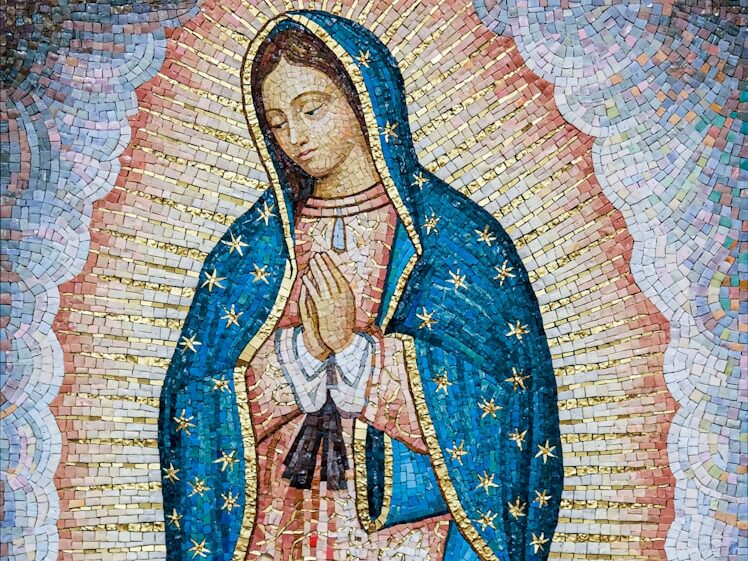
Catholicism is the largest branch of Christianity, with more than a billion members worldwide. Despite its size and long history, it is often misunderstood. Many assumptions about Catholic belief and practice come from stereotypes, half-remembered history lessons, or things passed along without context. Here are some of the most common misunderstandings about Catholic faith and practice.
Catholics Worship Mary
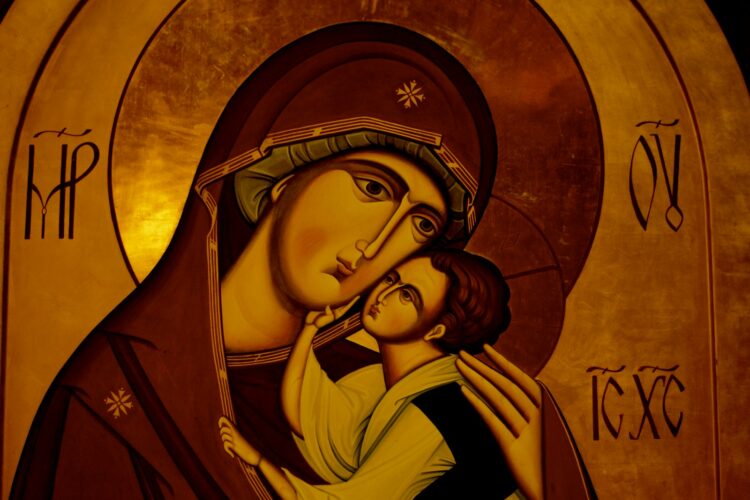
One of the biggest misunderstandings is the belief that Catholics worship Mary, the mother of Jesus. In Catholic teaching, worship is reserved for God alone. Mary is honored and venerated as the mother of Christ and as a model of faith, but she is not worshiped as a deity. Catholics ask for her prayers in the same way they might ask a friend to pray for them. The difference between veneration and worship is significant, yet it is often overlooked.
Catholics Believe the Pope Is Perfect
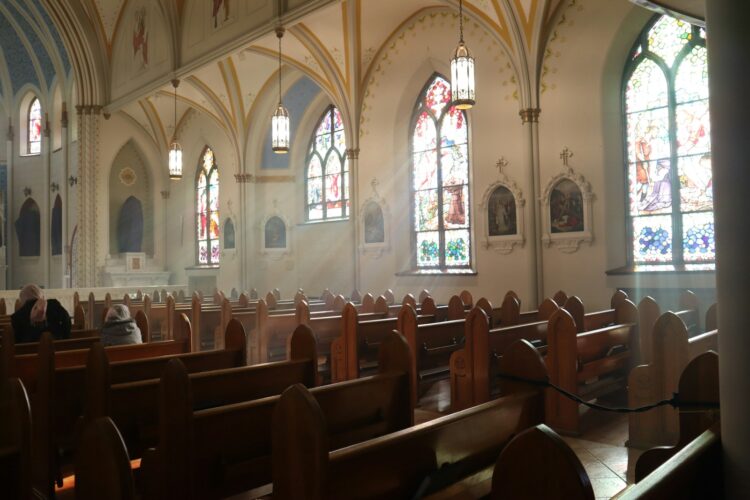
Many assume that Catholics believe the pope never makes mistakes. The Catholic Church teaches the doctrine of papal infallibility, but this does not mean the pope is flawless in every word or action. Infallibility applies only when the pope makes an official declaration on faith or morals under very specific conditions. Outside of those rare occasions, he is as human and fallible as anyone else.
Catholics Think They Can Earn Salvation by Good Works
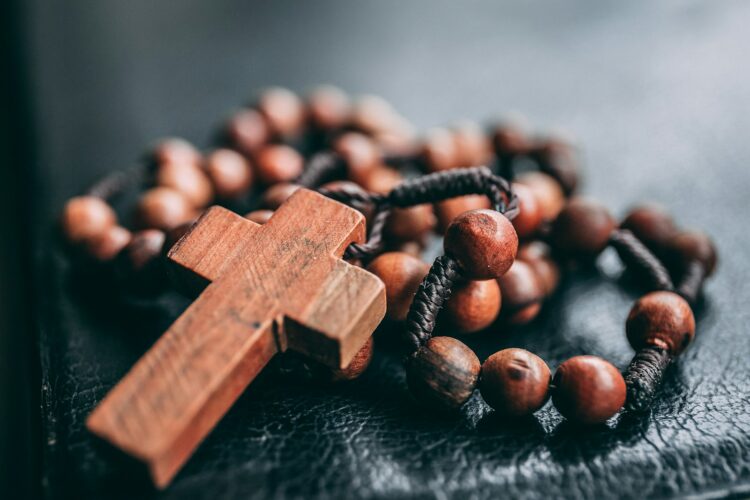
A common misunderstanding is that Catholics believe good deeds alone can get a person into heaven. Catholic teaching holds that salvation is by God’s grace through faith, and that good works are a response to that grace, not a replacement for it. Works of charity, justice, and service are seen as expressions of living faith. They do not earn salvation but demonstrate it.
Catholics Don’t Read the Bible
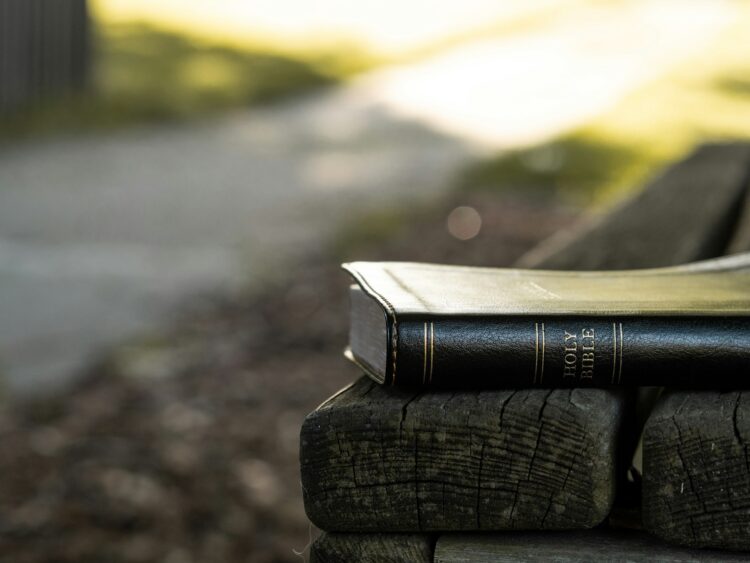
Some people assume Catholics rely only on church tradition and ignore Scripture. In reality, the Bible is central to Catholic life. Every Mass includes multiple readings from the Old and New Testaments. Catholic teaching encourages personal Bible reading, and many Catholic scholars have contributed to biblical studies. The misunderstanding comes partly from history, when access to Scripture was limited, but today Catholicism emphasizes Scripture alongside tradition.
Catholic Priests Cannot Relate to Ordinary Life
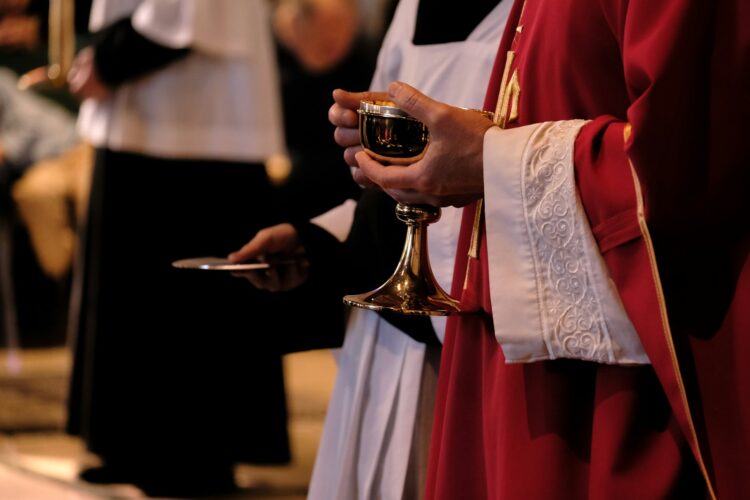
Since Catholic priests take vows of celibacy, some believe they cannot understand the struggles of ordinary people. While priests do live differently, their role puts them in close contact with the lives of families, individuals, and communities. They listen to confessions, counsel people in crisis, and walk with parishioners through grief, joy, and everyday challenges. Their celibacy is not meant to distance them from others but to free them for service.
Catholics Believe Tradition Is More Important Than the Bible
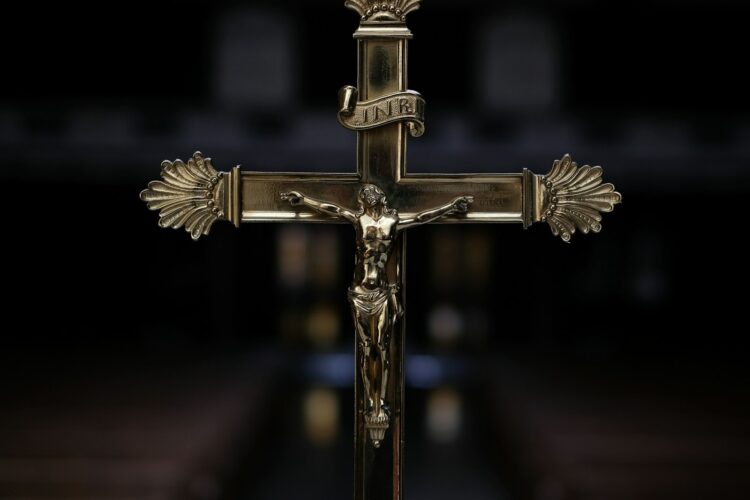
It is often said that Catholics place tradition above Scripture. Catholic teaching actually sees Scripture and tradition as complementary, not competing. The Bible itself emerged from within the tradition of the early church, which preserved and passed it down. Tradition helps interpret Scripture, while Scripture provides the foundation for tradition. Together, they guide Catholic belief and practice.
Catholics Don’t Have a Personal Relationship with God
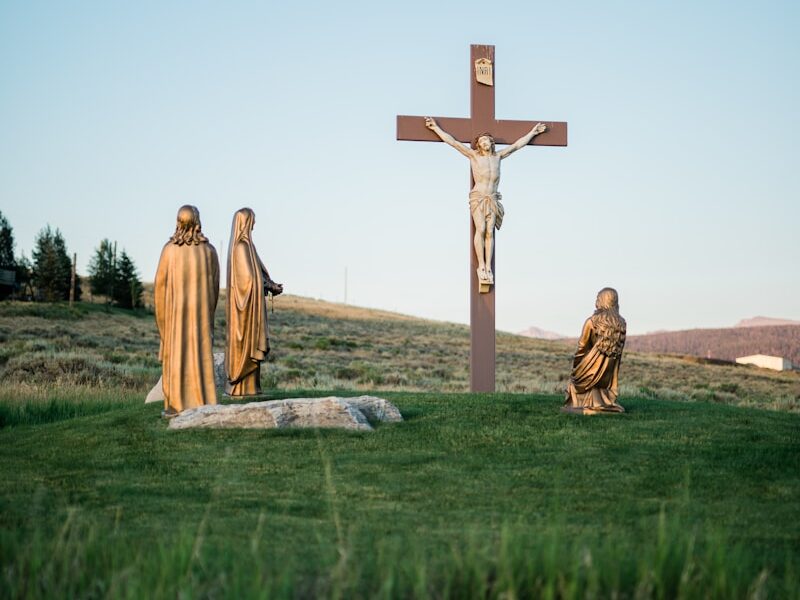
Another misunderstanding is that Catholicism focuses only on rituals and not on personal faith. While rituals like Mass and sacraments are central, they are meant to deepen an individual’s relationship with God. Prayer, meditation, and personal devotion are encouraged. Catholic saints and mystics, from Augustine to Teresa of Ávila, wrote extensively about personal encounters with God. The communal worship and the personal connection are designed to work together.
Catholicism Is the Same Everywhere
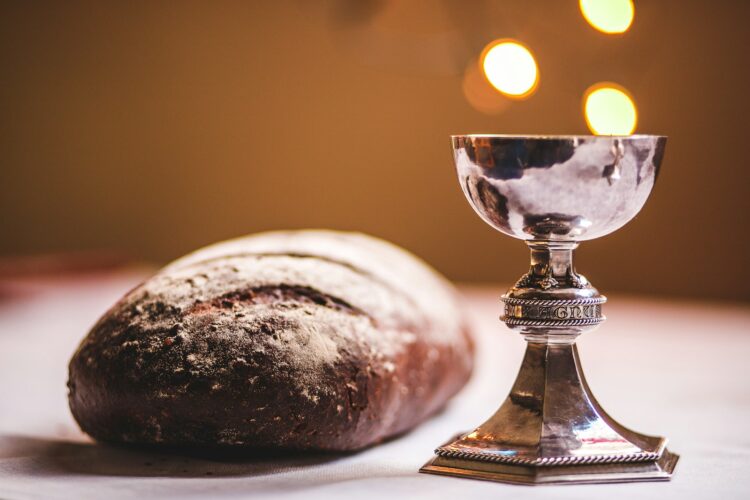
Because Catholicism is worldwide, people sometimes assume it looks the same in every country. In truth, while the core beliefs and sacraments are consistent, cultural expression varies greatly. Catholic worship in Nigeria, the Philippines, Poland, or Brazil will include local music, customs, and traditions that reflect the surrounding culture. Catholicism is unified in teaching but diverse in practice.
Catholics Confess to a Priest Instead of to God
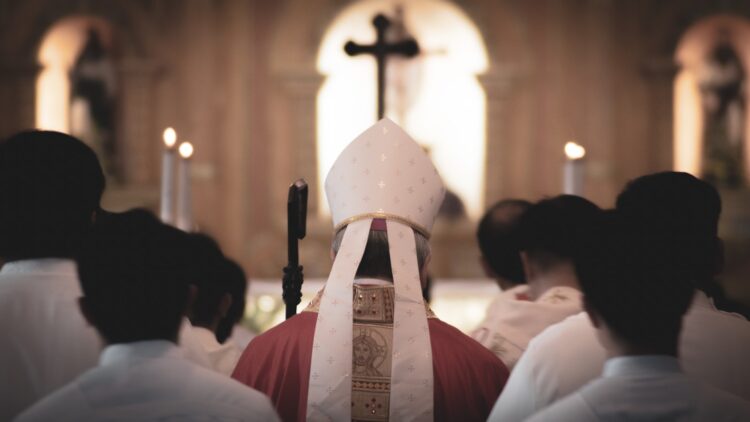
Many misunderstand the sacrament of confession, thinking Catholics confess only to a priest rather than to God. In Catholic teaching, sins are ultimately confessed to God, but the priest acts as a visible representative of Christ and the church. The priest’s role is to listen, guide, and pronounce forgiveness in God’s name. The idea is not to bypass God but to encounter His mercy in a tangible way.
Catholics Are Obsessed with Rules and Guilt
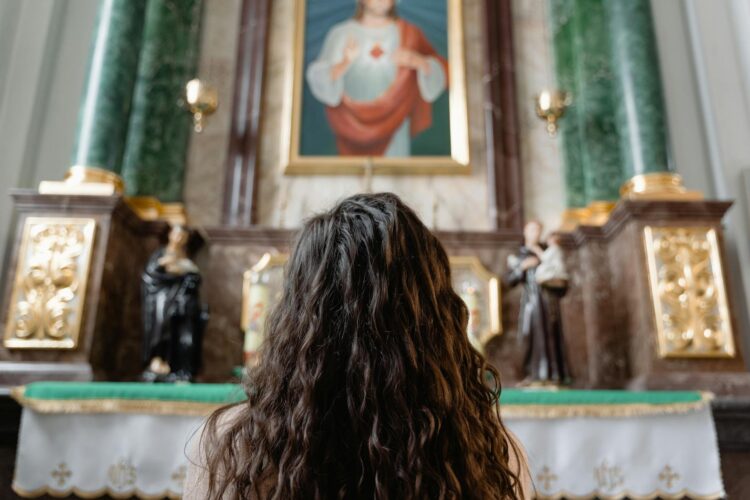
It is often said that Catholicism is nothing but strict rules designed to make people feel guilty. While the church does uphold moral teachings, its goal is not guilt but growth. Rules are seen as guidelines that help people live in love and freedom, much like boundaries help protect relationships. Guilt is not the end point; forgiveness, healing, and transformation are at the heart of Catholic teaching.
Catholics Don’t Believe in the Holy Spirit
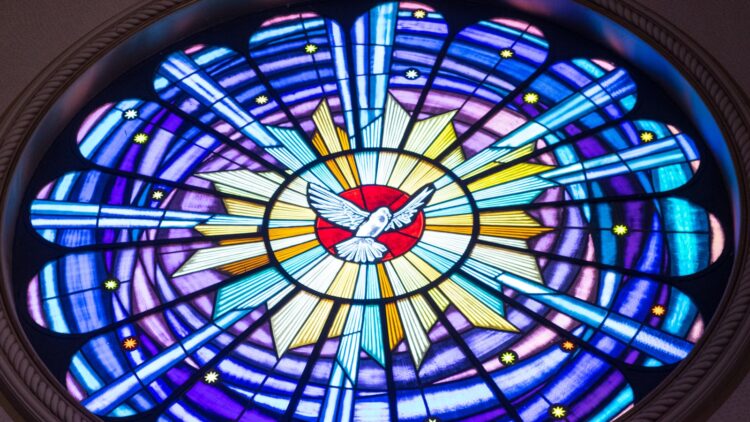
Because Catholic worship often emphasizes the sacraments, saints, and liturgy, some assume Catholics give little attention to the Holy Spirit. In fact, the Spirit is central in Catholic teaching, guiding the church, inspiring Scripture, and working in every sacrament. Catholic prayers regularly invoke the Spirit, especially during Confirmation and Pentecost celebrations. The Spirit’s presence is considered essential in every aspect of faith.
Catholicism Is Only About Rituals
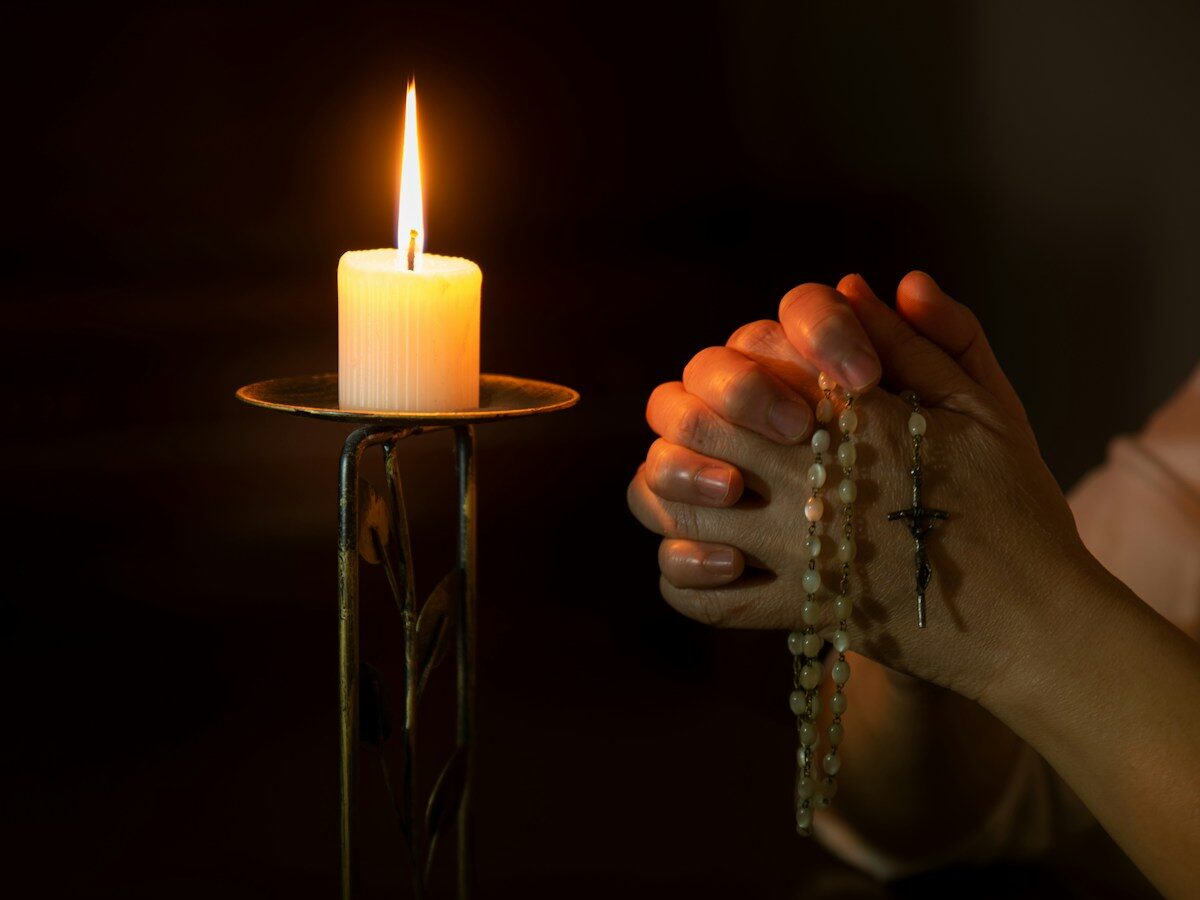
Another misunderstanding is that Catholicism is an empty religion of rituals without meaning. While rituals are important, they are not meant to be empty routines. The sacraments, prayers, and liturgies are understood as ways of encountering God. Each ritual has a symbolic meaning and is rooted in Scripture. For Catholics, rituals are not mechanical acts but visible signs of invisible grace.
Catholics Believe the Eucharist Is Just a Symbol
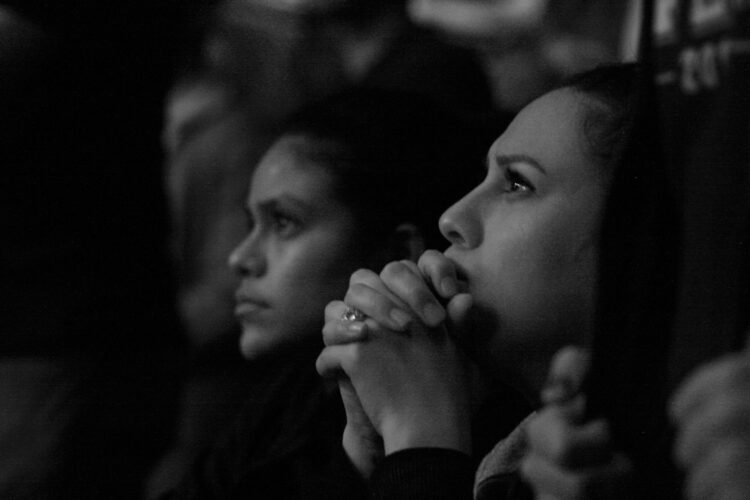
Many non-Catholics assume Catholics see Communion as a simple symbol of Jesus. In fact, Catholic teaching holds that the bread and wine truly become the body and blood of Christ, a belief known as the doctrine of transubstantiation. This conviction has been part of the Catholic faith since the earliest centuries and is considered one of the deepest mysteries of Christian worship.
Catholics Don’t Believe in Faith
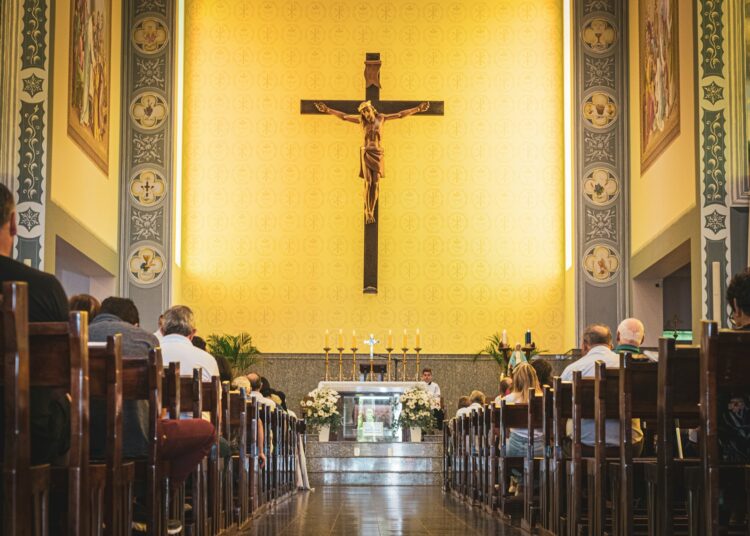
Some critics suggest Catholics emphasize actions so much that they minimize faith. In reality, faith is at the center of Catholic life. The sacraments, prayer, and acts of love are all expressions of that faith. Catholic teaching insists that faith without action is incomplete, but it never denies the importance of trusting in God. Faith and works are inseparable parts of one whole.
Catholics Reject Other Christians
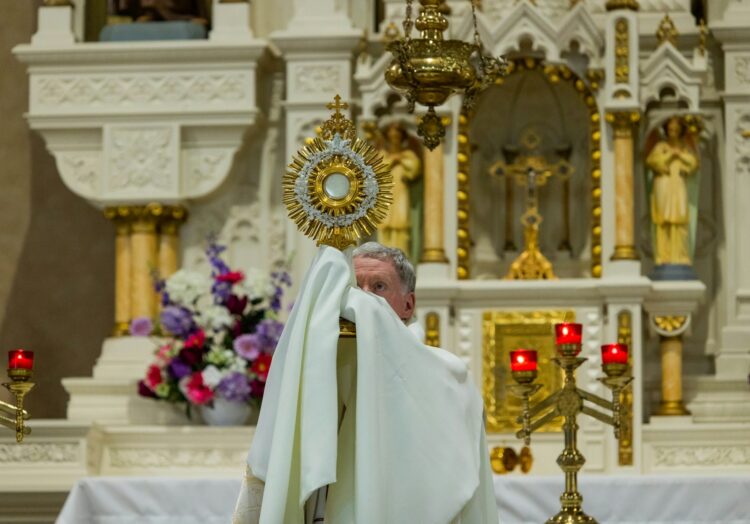
Finally, many believe Catholics see themselves as the only true Christians and reject everyone else. The Catholic Church does teach that it preserves the fullness of Christian faith, but it also recognizes other Christians as brothers and sisters in Christ. Catholic leaders, especially in recent decades, have emphasized dialogue, respect, and cooperation with Protestants, Orthodox, and other Christian communities. The goal is unity, not rejection.

